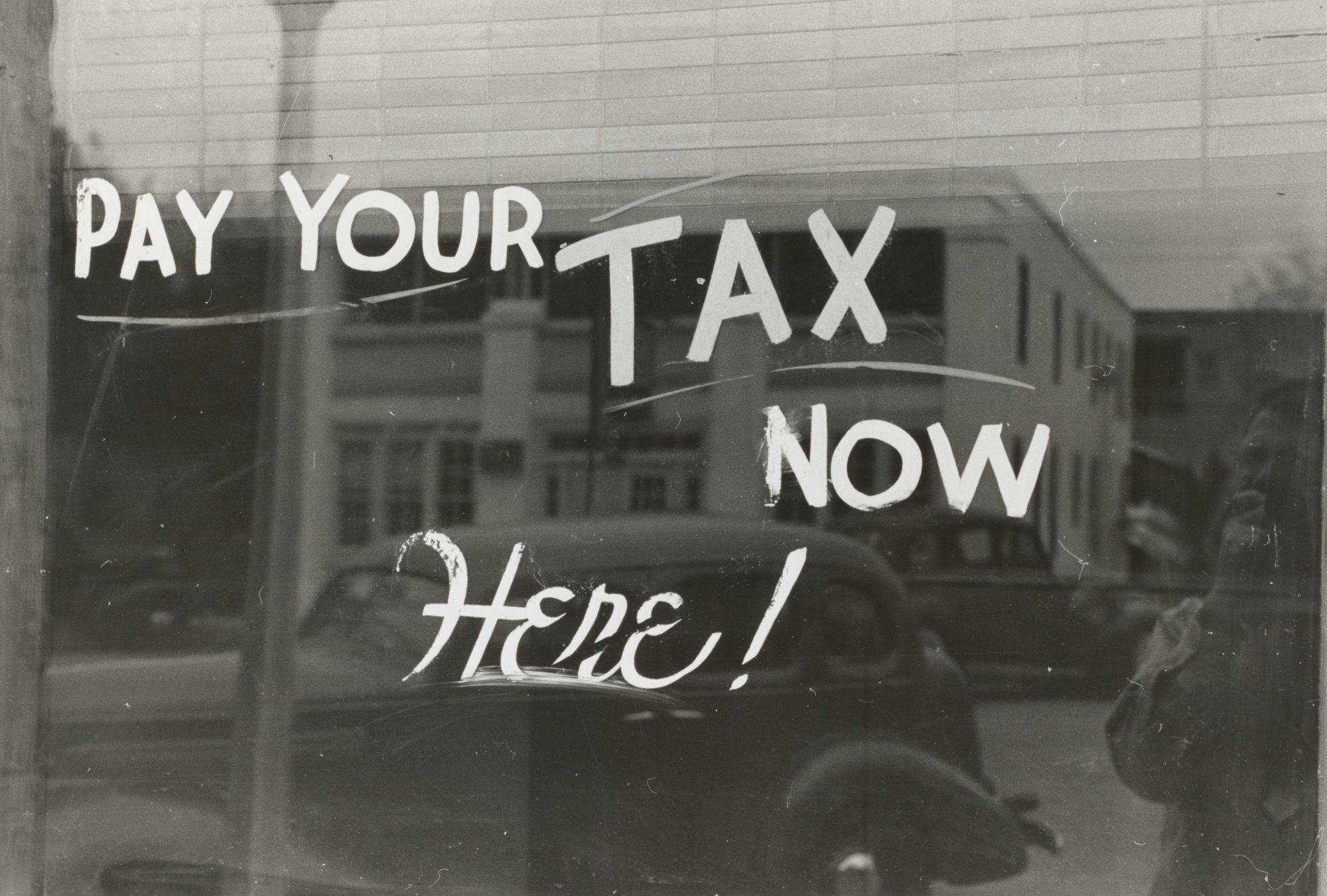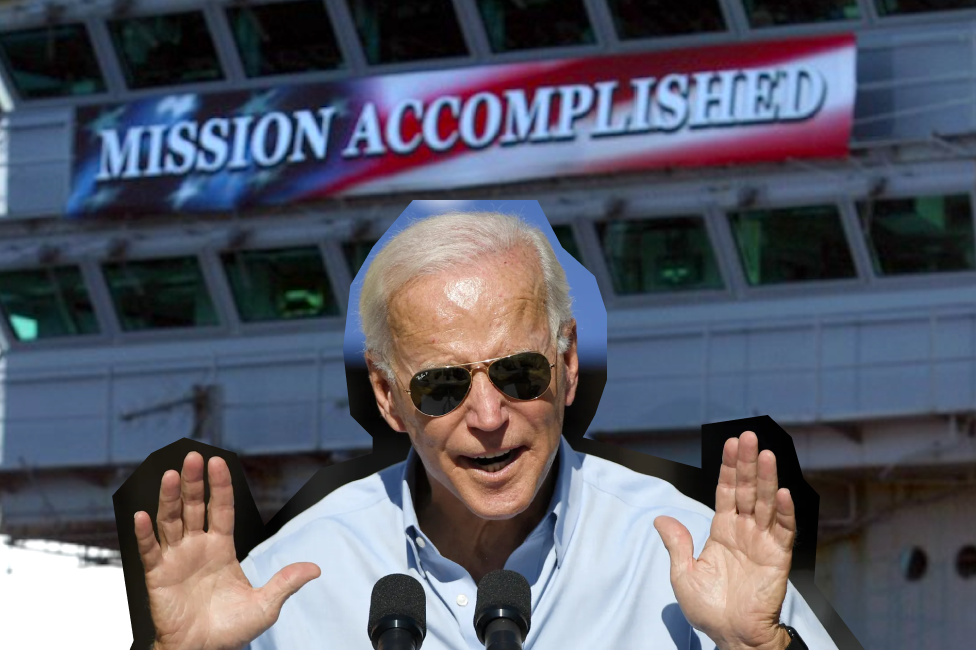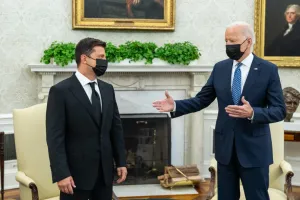Immediately following the Russian invasion of Ukraine, President Biden gave a speech on the matter which he ended by saying, “in the contest between democracy and autocracy, between sovereignty and subjugation, make no mistake: Freedom will prevail.”
Like all presidential rhetoric, that perspective is subject to scrutiny. While the liberal democracies of the world have fallen squarely—and rightly—on Ukraine’s side, is it a liberal democracy? If not, should we reconsider Biden’s framing not just of the conflict but of geopolitics more broadly? The answer is complicated.
After the fall of the Soviet Union, newly-independent Ukraine transitioned with considerable success to a system of competitive elections: no easy task after decades of one-party rule. This was counterbalanced, however, by the emergence of a class of oligarchic elites who have played a decisive role in its politics to this day. Rather than simply wielding influence through wealth—the system to which citizens of the United States are accustomed—oligarchs in Ukraine have forged a different path. They typically head “clans”—well-developed networks of patronage made up of politicians, political parties, businesses, media entities, and other institutions which grant them leverage over the state. These oligarchic clans, powerful political actors with limited public accountability, pose a serious challenge to full democratic consolidation in Ukraine.
In addition, the balance of power between the Ukrainian president, prime minister, and parliament has fluctuated frequently, lending a sense of instability and unreliability to Ukraine’s government. In response to the 2004 Orange Revolution, Ukraine’s government implemented constraints on presidential power. These, however, were reversed in 2010 by a court ruling and then re-implemented in response to the pro-Western Euromaidan protests of 2013 and 2014. It hasn’t always been clear where in Ukrainian politics institutional power lies, which hinders democratic development too.
With that said, it’s important to note that Ukraine has seen significant democratic progress under the presidency of Volodymyr Zelenskyy. Zelenskyy—though himself a wealthy media mogul implicated in the Pandora Papers—came to power through an entirely new political party and appeared, before the outbreak of conflict with Russia, to be serious about curbing the power of oligarchs.
Thus, Ukraine—its progress toward democratic consolidation being uneven—is not yet a full democracy. Even as the United States and Europe may view this conflict as a competition between democracy and autocracy, it isn’t clear that the Kremlin sees things the same way. To be sure, it couldn’t tolerate a democratic Ukraine, but that’s primarily because it would almost certainly fall outside Russia’s sphere of influence. Though Vladimir Putin’s precise motives are opaque and indeterminate, it seems decidedly unlikely he’s motivated by some ideological antipathy for democracy.
That still shouldn’t alter the liberal democratic world’s moral calculus, although perhaps it should prompt us to view the contours of the conflict differently. Instead, we should look to the second pairing of terms that Biden used in his speech: “sovereignty or subjugation.” What’s at stake here is the independence of a sovereign nation and the right of its people to be free from unjust domination. Fully democratic or not, we owe it to them to remember that fact.





Comments
Join the conversation